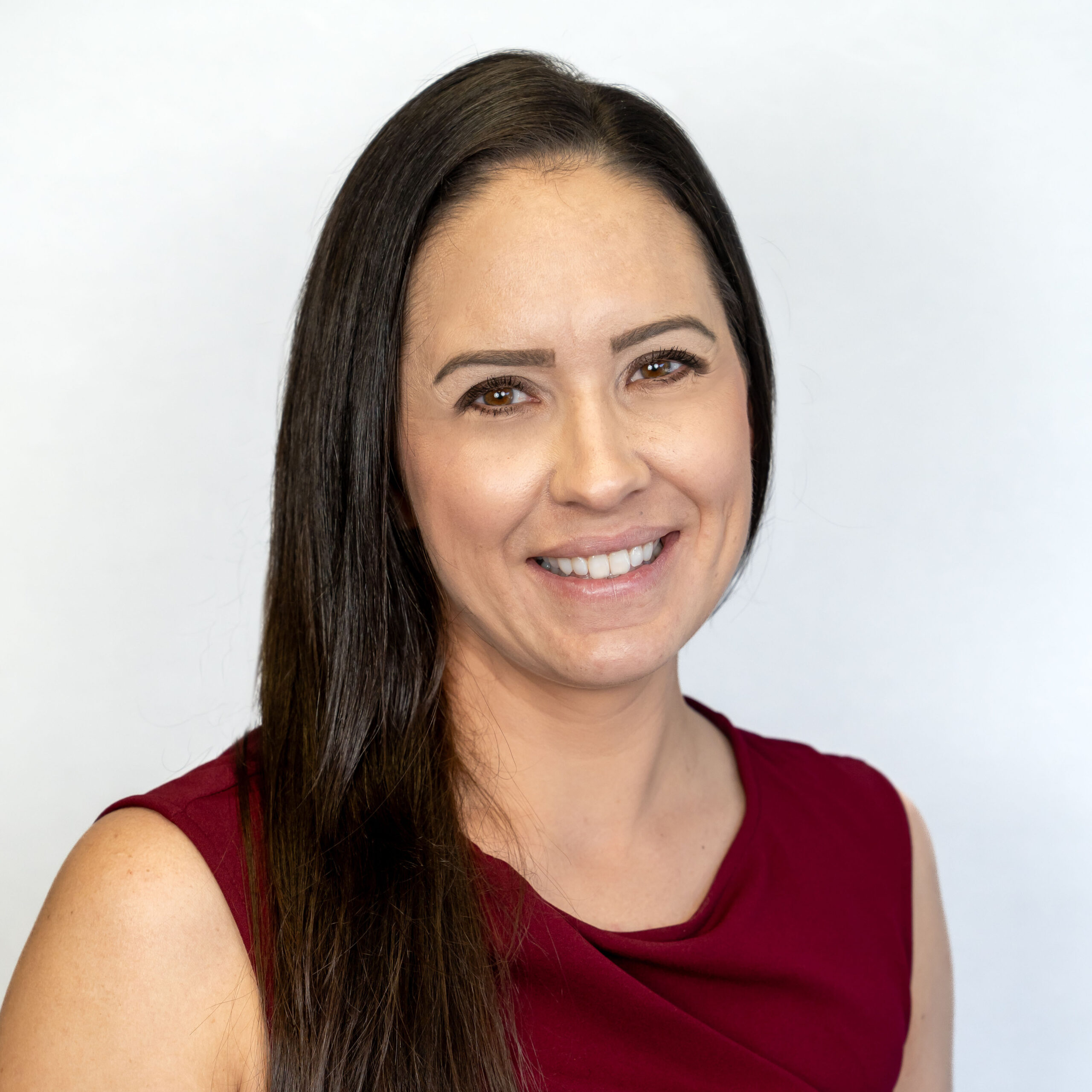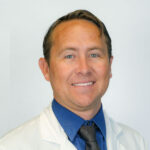Can Family Medicine Doctors Prescribe Anti-depressants?
Depression and the Family Doctor
Depression impacts people in many different ways. Family doctors generally have an understanding of the most common symptoms of depression. Unfortunately, when many of the symptoms of depression are viewed independently, it delays appropriate treatment. Depression does not treat everyone equally. Because of this, seeking professional treatment is crucial to healing and managing depressive illness. For some people, their family doctor becomes the first member of the treatment team. Depending on the individual, a therapist, psychologist, or psychiatrist may be needed to provide the next level of therapy and medication.
One common problem that occurs when people rely solely on their family practitioner for mental health issues is that they may be undertreated. Undertreating may take the form of prescribing too little medication or medication best used for different mental health issues. Medical research has brought newer antidepressants to the forefront, which are generally safer and easier to prescribe than the previous generations of antidepressants. With the newer medications also comes more educational material for family practitioners, which is crucial considering it is family doctors who treat a majority of the people who seek help for depression.
Dr. John Greden is a psychiatrist and director of the University of Michigan’s Depression Center has expressed the fact that many patients with mild to moderate depression often receive appropriate treatment from their general practitioners. He says, “The notion that everybody with depression should be treated by a mental health professional is ridiculous.” He later added that with depression that is intractable or severe, a referral to a psychologist or psychiatrist is often in the best interest of the patient.
Obstacles to Overcome
Receiving a proper diagnosis is one key to successful treatment of depression. Depression is not a one-size-fits-all condition, so symptoms often vary widely from patient to patient. Many people don’t know that depression may be what is causing their insomnia, fatigue, or other physical issues. Without proper training, the physical symptoms become the focus of treatment, while the depression lurks undiagnosed.
Some general practitioners are uncomfortable dealing with depression and mental illness, so when a patient presents with physical issues related to depression, those issues may be taken at face value. Figuring out whether depression is the underlying cause of physical symptoms may not occur if the right questions are not asked. If you suspect your symptoms may be related to depression, ask your doctor if they can help or if they would prefer to refer you to a specialist.
Because depression is multifaceted, it does take more time than what many general practitioners have during the day to provide sufficient care for many mental health issues, including depression. Doctors need time to ask the right questions to determine if patients are depressed.
Even if depression is properly diagnosed, family doctors may not realize how much the side-effects of antidepressants affect patients. Anxiousness, loss of libido, and weight gain are three of the most common side effects. While these side effects are often temporary, many patients do not know this, so they stop taking the antidepressants before they have had a chance to make a difference.
Why the Team Approach Is Often Best for Treatment of Depression
Educating family doctors about antidepressants can help, but until training and experience have taught them about the different ways depression can manifest, many patients are simply treated for their physical symptoms. A team approach to treating depression is often the most beneficial for patients. If your family doctor refers you to a psychologist or psychiatrist, they likely realize how important it is to start treatment with a proper diagnosis in hand.
Psychiatrists have an understanding of which antidepressants work best for specific symptoms. Since patients often visit their family doctor with physical symptoms before depression is diagnosed, communication between healthcare providers can help get you on the right medication faster. Keep in mind that medication combined with therapy is usually the most effective treatment for depression. Finding a therapist and doctor that will support you through your journey is crucial, especially since it can take several months to see a significant change.
Brevard Health Alliance Is Here for You
If you or a loved one is dealing with a mental health issue, we are here to help. The Brevard Health Alliance includes Board Certified Psychologists and Psychiatrists who work as part of your treatment team. If you are concerned the mental health and well being of your family, spouse, or children, please understand that you are not alone. To schedule an appointment or discuss options, contact us today.















































































































































